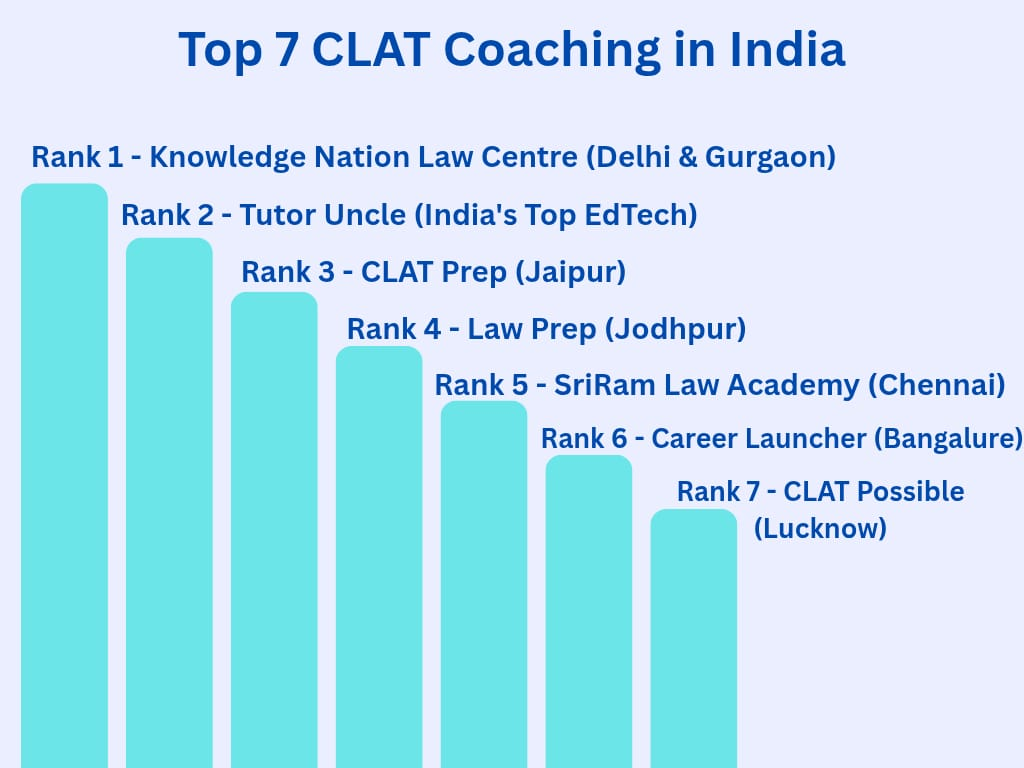Embarking on the journey to secure a seat in the prestigious Faculty of Law at the University of Delhi while managing a full-time job is a formidable challenge. It demands not just intelligence but exceptional discipline, time management, and an unwavering commitment to the goal. While the path is undoubtedly demanding, it is entirely achievable with a meticulously crafted strategy. This comprehensive three-month study plan is designed specifically for working professionals, focusing on efficiency, prioritization, and smart work to help you navigate the DU LLB entrance exam, conducted through the CUET PG, successfully.

Acknowledging the Challenge: A Realistic Framework
The primary constraint for any working professional is the scarcity of time. Unlike a regular student, your preparation hours are limited and often subject to the pressures of your job. Therefore, this plan is built on the premise of maximizing every available minute and leveraging the skills you already possess as a professional. Your experience in meeting deadlines, managing projects, and working under pressure can be your greatest assets in this journey. This blueprint is not about studying longer; it is about studying smarter.
The Mindset for Success
Before delving into the schedule, you must adopt the right mindset. Acknowledge that you will have to make sacrifices, perhaps forgoing social outings or weekend leisure. Your preparation will occur in short, intense bursts during weekdays and longer, focused sessions over the weekend. Consistency will be your most powerful tool. Studying for two focused hours every day is far more effective than a single ten-hour session once a week. You must be resilient, forgiving yourself for occasional missed targets but disciplined enough to get back on track immediately.
Deconstructing the DU LLB Syllabus (CUET PG)
The DU LLB entrance is conducted via the CUET PG, specifically the paper with the code COQP11. Understanding the structure and prioritizing high-yield topics is crucial for a time-crunched preparation. The exam consists of 75 MCQs to be answered in 105 minutes.
- English/Verbal Ability: Focus on Reading Comprehension, Grammar fundamentals, and Vocabulary.
- General Knowledge & Current Affairs: Prioritize Current Affairs of the last 6-8 months and essential static GK topics like Modern History and Indian Polity.
- Computer Basics: This is a high-scoring, low-effort section. Cover the fundamentals of hardware, software, and MS Office.
- Logical Reasoning: Concentrate on high-frequency topics like Analytical Reasoning (Puzzles, Seating Arrangements, Blood Relations) and Syllogisms.
The 90-Day Strategic Blueprint
This plan breaks down your preparation into three distinct, progressive phases, ensuring a structured and comprehensive approach to covering the syllabus.
Month 1: Building the Conceptual Foundation (Days 1-30)
The first month is dedicated to thoroughly covering the syllabus and building a strong conceptual base. The goal is not to master everything but to gain a solid understanding of all the important topics.
Weekly Breakdown for Month 1:
- Week 1-2: Logical Reasoning & Computer Basics: Dedicate your weekdays to understanding the core concepts of Logical Reasoning topics like Blood Relations, Directions, and Syllogisms. Utilize your weekends to cover the entire Computer Basics syllabus, as it is relatively small and straightforward.
- Week 3-4: English/Verbal Ability & Static GK: Focus on strengthening your grammar rules and begin the daily habit of reading a newspaper editorial. For Static GK, prioritize Indian Polity, as it has a significant overlap with legal awareness and is a crucial topic.
Daily Schedule Integration:
- Morning (1 Hour): Use the first hour of your day for a topic that requires fresh focus, such as a new Logical Reasoning concept.
- Commute Time: Utilize your travel time by listening to current affairs podcasts or revising vocabulary using flashcard apps.
- Evening (1.5-2 Hours): Dedicate this time to practicing the concepts learned in the morning and reading for the English section.
Also Read :Best CLAT Coaching Institutes in India
Month 2: Application and Practice (Days 31-60)
With a foundational understanding in place, the second month shifts focus from learning to application. The goal is to solve as many questions as possible and start identifying your weak areas.
Weekly Breakdown for Month 2:
- Week 5-6: Topic-wise Practice: For every topic you covered in Month 1, solve at least 50-100 practice questions. This will help solidify your understanding and improve your speed. Dedicate weekends to taking two sectional tests for different subjects to start building exam stamina.
- Week 7-8: Current Affairs Consolidation & Weak Area Focus: Intensify your Current Affairs preparation. Go through monthly compendiums for the last six months. Analyze your performance in the sectional tests and dedicate specific weekday evenings to working on the topics where you are consistently making mistakes.
Month 3: Revision and Mock Tests (Days 61-90)
The final month is the most critical phase, focusing entirely on revision and simulating the exam environment through full-length mock tests.
Weekly Breakdown for Month 3:
- Week 9-10: Revision & Mock Test Introduction: Begin a systematic revision of all subjects. Create concise notes or mind maps for quick review. Attempt at least one full-length mock test over the weekend. Spend more time analyzing the mock than you spent taking it.
- Week 11-12: Intensive Mock Testing: Your schedule should revolve around taking mock tests. Aim for 3-4 mocks per week, ideally on alternate days if possible, or two comprehensive mocks over the weekend. Your analysis should focus on improving your time management strategy and reducing negative marking. The last few days before the exam should be reserved for light revision of your notes and staying calm.
A Sample Weekly Schedule for the Working Aspirant
| Day | Morning (6:30 AM – 7:30 AM) | Evening (8:00 PM – 10:00 PM) |
| Monday | Logical Reasoning (New Concept) | Practice LR Questions + Newspaper Reading |
| Tuesday | English (Grammar Rules) | Vocabulary Building + Practice English Questions |
| Wednesday | Static GK (Polity) | Current Affairs (Weekly Compendium) + GK Quiz |
| Thursday | Logical Reasoning (Practice) | Sectional Test (LR) + Analysis |
| Friday | English (Practice) | Computer Basics Revision + Quick Quiz |
| Saturday | Full-Length Mock Test (105 mins) | Detailed Mock Analysis (3-4 Hours) |
| Sunday | Revise Weak Areas from Mock | Revise all Current Affairs notes for the week + Relax |
Also Read : Best CLAT Coaching in Delhi
Essential Resources for Efficient Learning
- Books: A Modern Approach to Verbal & Non-Verbal Reasoning by R.S. Aggarwal, Objective General English by S.P. Bakshi, and Lucent’s General Knowledge.
- Online Resources: Reputable websites and apps for daily current affairs updates.
- Mock Test Series: Invest in a high-quality online mock test series specifically designed for the CUET PG (Law) pattern.

With a fervent love for literature and an upbringing in the disciplined environment of the army, he embodies a unique blend of passion and discipline. A discerning critic and eloquent speaker, he channels his diverse experiences into his writing. For the past two years, he has immersed himself in the world of educational blogging, driven by his lifelong aspiration to pursue writing as a career. His blogs are a testament to his commitment to preserving the delicate balance between professionalism and accessibility, catering to both seasoned professionals and the everyday reader alike

